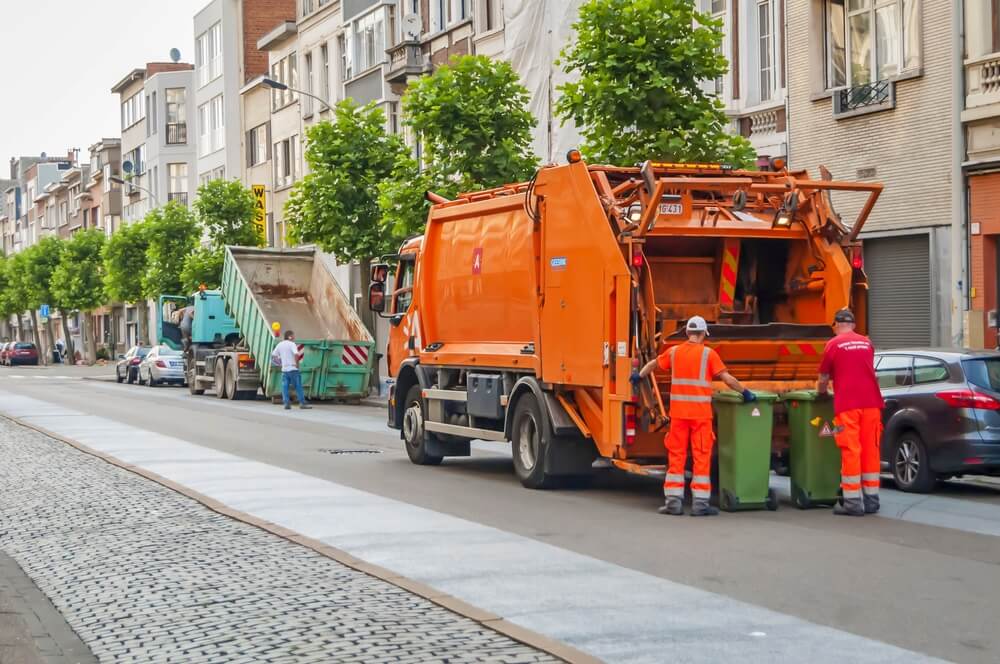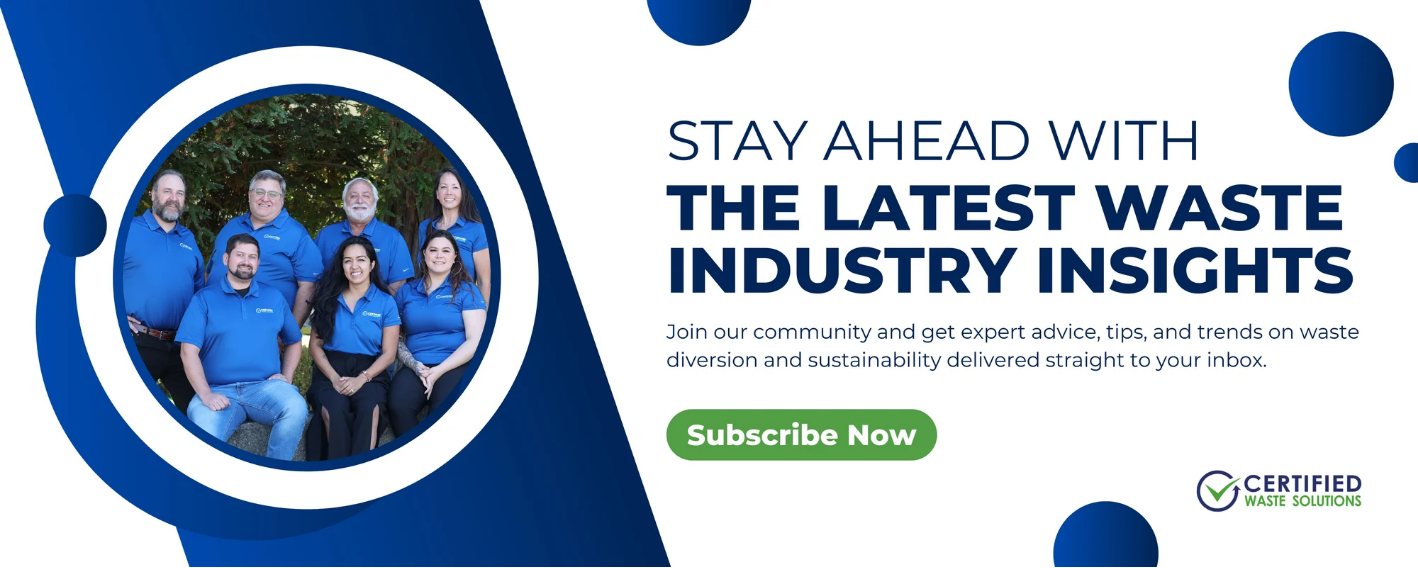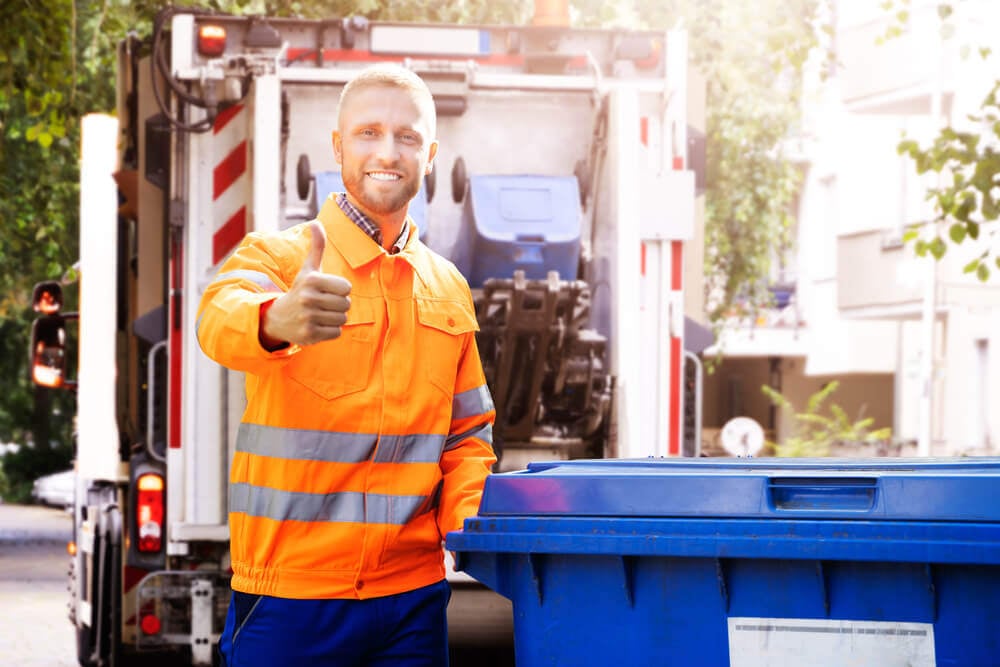The way we manage consumption and waste profoundly influences the health of our communities. From individual choices to business management decisions, every action we take shapes our environment. Our land use, water quality, and the air we breathe all rely on effective waste management within our communities.
Shared responsibility is crucial to prevent the burden from falling disproportionately. For instance, when companies fail to prioritize waste reduction and sustainable practices, the responsibility for managing what happens with discarded products is unfairly shifted to consumers.
Continue reading for a deeper understanding of why you should be advocating for effective waste management in your community.
The Link Between Waste Management and Community Health
Overflowing landfills and open dumps emit methane and particulate matter, increasing pollution and contributing to global warming. By-products created from the manufacturing industry, known as industrial waste, include acidic or basic solvents, heavy metal sludges, or unused paints, which are even more dangerous. These and many other types of waste in their original form are harmful and require careful treatment, as they can pollute groundwater and be detrimental to ecosystems.
Proper waste management is essential for protecting public health, especially for vulnerable groups like children and the elderly. Poor waste disposal creates breeding grounds for pests, increasing the risk of disease transmission.
These issues are even more critical in environmentally conscious regions like California. To address them, the California Environmental Protection Agency (CalEPA) has established programs that increase the sorting and separation of materials to reduce landfill waste and litter while improving recycling and composting rates. These efforts enhance the well-being of communities and strengthen economic vitality and environmental sustainability.
Implementing sustainability initiatives is an effective means to combat and prevent negligent waste management from occurring. Methods for reducing, reusing, and recycling materials allow us to conserve resources, lessen our dependence on landfills, and ensure a cleaner environment. It supports a circular economy approach to waste reduction that aims to minimize value loss and environmental pollution for present and future generations.
Effective Waste Management Matters
Waste management has a far greater impact on our daily lives than we often acknowledge. Think about it—when your surroundings are clean and well-maintained, do you ever stop to appreciate waste management? Probably not. But the moment you encounter overflowing trash bins or unpleasant odors, you immediately wonder, “Who’s responsible for this?” It’s one of those things that, when done right, goes unnoticed — but when done poorly, can’t be ignored.
To recap, improper waste disposal contributes to pollution, accelerates climate change, and spreads disease. By prioritizing proper waste management and embracing sustainable practices, we can protect public health and preserve our environment. With consumerism and global waste production on the rise, the urgency for sustainable solutions has never been greater.
Implementing effective waste management in communities helps achieve the following:
Protection of the Environment
The negative impacts of pollution can’t be ignored nor denied, but when we exercise effective and efficient waste management practices, we begin to remedy this.
Proper waste collection and handling significantly reduce pollution, helping to safeguard our land, water, air, and ecosystems. However, this is a global issue that requires collective action. To minimize harmful emissions, preserve natural habitats, and protect life on Earth, we must work together and ensure that sustainable resources are accessible to all.
Preservation of Resources
The phrase “Reduce, Reuse, Recycle” has been emphasized for decades, and its importance continues to grow as our population expands. However, we must also incorporate "Rethink" and "Redesign" into our approach. By considering a material’s end-of-life from the start, we can design products that are easier to recycle and reuse. This not only optimizes resource use but also reduces the need for extracting virgin materials, ultimately preserving land, minimizing waste, and promoting a more sustainable future.
Reduction of Greenhouse Gas Emissions
A significant risk associated with landfills is the release of greenhouse gases, which heavily contribute to global warming. While carbon dioxide (CO₂) is often the focus of discussions, methane poses an even greater threat. With a Global Warming Potential (GWP) 80 times higher than CO₂, methane is one of the most harmful greenhouse gases, intensifying climate change at an alarming rate.
Implementing recycling and composting measures, as well as cutting down on waste, helps stop the release of methane into the environment and acts as a significant advantage for fighting climate change.
Sustainable Development
Effective waste management minimizes waste, fosters sustainable habits, and balances environmental and economic priorities.
A sustainable future depends on improving the environment, conserving resources, and reducing pollution. Implementing responsible waste practices can significantly reduce waste and its negative impacts.
When businesses prioritize sustainability over short-term gain through proper waste management, they enhance their brand appeal to environmentally conscious consumers while promoting long-term self-sufficiency.
Investing in waste management today ensures lasting benefits for both communities and industries, paving the way for progress and environmental responsibility to coexist.
Health, Safety, and Aesthetics
Improper waste disposal poses serious health risks, leading to water contamination, hazardous chemical exposure, and unsanitary conditions. These factors contribute to disease outbreaks and create unsafe living environments. However, even when waste is disposed of correctly, challenges remain. Animals rummaging through bins, overflowing containers, and debris scattered by weather can all compromise cleanliness. Innovative solutions are constantly being developed, bringing continuous improvements to waste management. Molok containers, for example, are designed to address many of these common challenges, and as such, they enhance waste disposal efficiency, reduce pollution, and promote public safety.
A clean community is a healthier, happier place. Proper waste management reduces litter, improves public spaces, and enhances residents' quality of life.
Corporate Responsibility: Holding Companies Accountable
Companies, especially in manufacturing, have a duty to their communities—both ethical and legal—to manage waste responsibly. Negligence harms public health, the environment, and trust. While laws enforce compliance, businesses should strive to go beyond the minimum.
Partnering with experts like Certified Waste Solutions allows you to implement effective waste management strategies that support making a positive environmental impact, meeting regulations, and enhancing sustainability. Thus, it is important to look at these efforts as an investment in long-term success and reputation, not just a cost. Eco-friendly practices attract environmentally conscious customers, making sustainability both a responsible choice and a smart business strategy.
Empowering Communities: Individual Action and Collective Impact
Corporate responsibility is important, but foundational change is fueled by individual acts. Campaigning for stronger rules, supporting sustainable enterprises, and being aware of local waste policies can facilitate better waste management.
Participation within the community is equally vital. Engaging in recycling programs, clean-up campaigns, and educational projects increases impact and raises awareness.
Every action has an impact—whether it's recycling, reducing single-use plastics, or spreading knowledge. When communities unite to improve waste management, the impact can be transformative.
Building a Sustainable Future Together with CERTIFIED
Imagine a future where communities thrive in cleaner environments, and businesses prioritize sustainability. This vision is achievable—but only through a united effort.
Effective waste management is more than a necessity; it’s a commitment to a healthier planet. It reduces resource consumption, preserves ecosystems, protects public health, and strengthens the circular economy, ensuring lasting benefits for both people and the environment.
By adopting sustainable waste practices and engaging communities, we create a cleaner, healthier world. Let's embrace accountability, make wiser decisions, and be proud of the choices we make today, for they will shape the future for generations to come.
Our goal at CERTIFIED Waste Solutions is to assist communities and businesses in enhancing their waste management approach. For knowledgeable advice on sustainable solutions, get in touch with us today!
.png?width=320&height=80&name=CERTIFIED%20Waste%20Solutions%20Logo%20Vector%20NO%20Tagline%20(4).png)




.jpg)

.jpg)